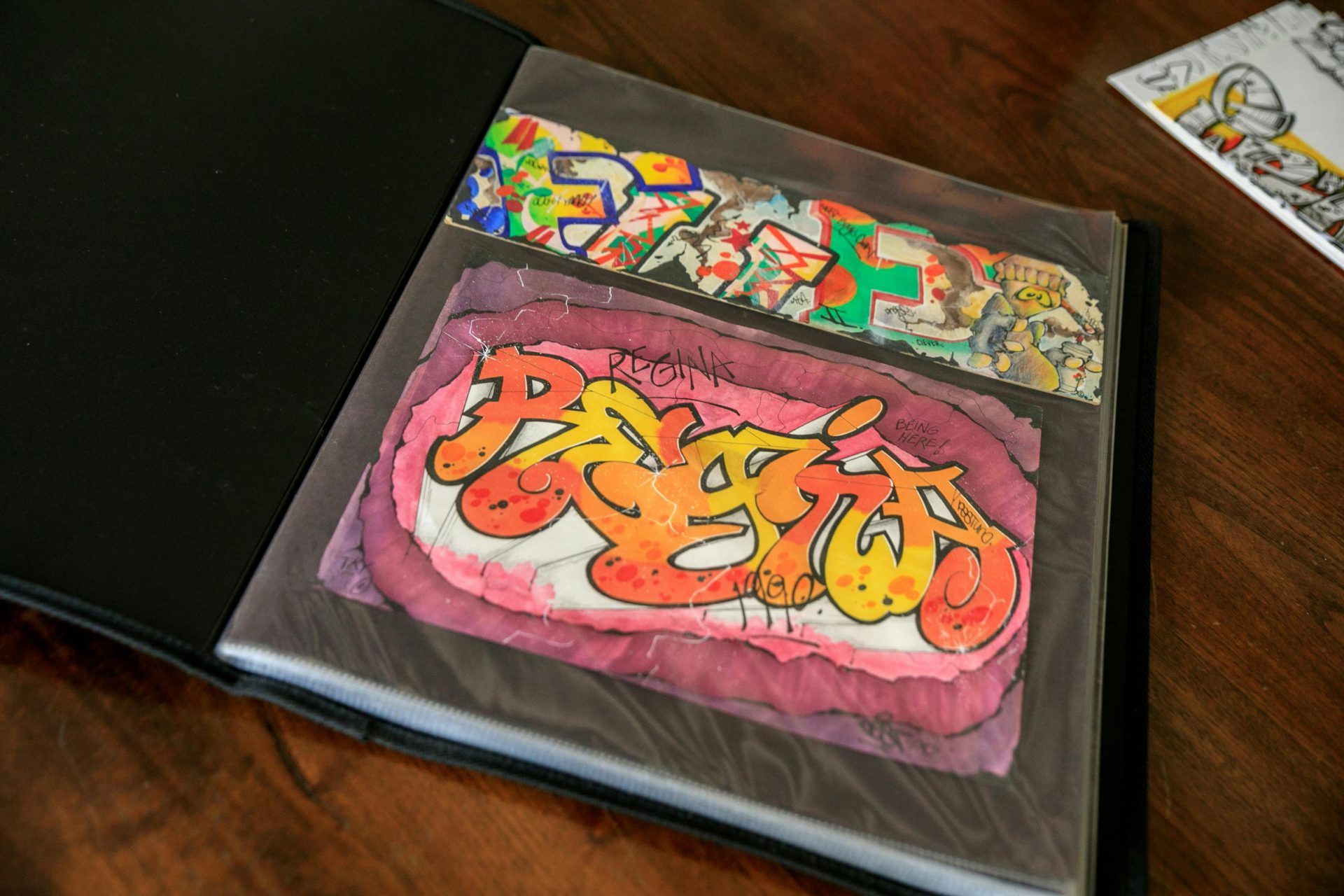
How to Prepare for Your Music College Entrance Exam
Posted October 30, 2020, 2:00 pm by
Applying for colleges is a lot of work, even without the addition of an audition. You need to write exceptional essays, prepare your resume, and make sure you keep your grades up. If you’re applying for a music college, you’ll also need to prepare for your entrance exam. Follow these tips to ensure you’re as prepared as possible before walking into the audition room.
1. Get Advice
Talk to your teacher and any friends that have gone through the audition process. Ask them what the panel was like, the size of the room, and anything else you might want to know.
Your teacher can also advise you on the best repertoire to choose for the audition. Triple-check that your repertoire meets all the stated requirements.
You can also email the school administrator with any questions and to confirm whether there’s a warm-up room and when you should arrive.
2. Make a Schedule
As soon as you get your invitation letter, start planning your time out. Often, hopeful music college students apply to three, five, or even ten colleges. If you’re lucky, you’ll get auditions at all of them. However, preparing for that many auditions in a short period can be overwhelming.
Instead of treating each audition as a separate entity, make a list of their requirements. Try to use the same repertoire for as many auditions as possible. Don’t be afraid of looking at composers from diverse backgrounds.
Once you’ve chosen the perfect repertoire, make a schedule to ensure you’re ready for your first audition. Plan out your goals for each week. For singers, don’t forget to translate your pieces first. Don’t just include your practice in your schedule. Decide when you want to book your travel and hotel, and figure out beforehand public transport to the audition venue.
As you get closer to the audition time, check-in with your schedule, and see if you’ve met your goals. Aim to be performance ready about a week before the first audition.
3. Prepare For All Aspects
Many music colleges require sightreading. Although some musicians might be used to sightreading, for others, it requires some preparation.
In addition to ensuring you have all the correct repertoire and practice your sightreading, you should prepare for a potential interview. Practice interviewing with your friends, teacher, and parents.
You should also practice your introduction before your audition. The panel’s first impression of you comes from your entrance and introduction.
Lastly, choose your audition outfit. Practice performing in it, and make sure your clothing doesn’t restrict your playing. Choose your shoes carefully; you will likely need to walk across a stage or room confidently.
4. Have a Practice Audition
In the week leading up to your first audition, have a practice run-through. Invite friends, family, and your teacher and ask a few of them to be the panel. Rehearse it precisely as the audition will go. Do your introduction, sightreading, and interview.
After the run-through, ask your friends and teacher for feedback. You can also record yourself to check that all aspects of the audition are ready.
If the audition will take place on Zoom, do two practice run-throughs. In the second, use all the recommended Zoom settings for music-making, and set up the room and electronics exactly as you will have them for the real things.
Break a Leg!
Auditioning for music college can be stressful and overwhelming. By breaking down the necessary steps and planning ahead, you can make the process less stressful and allow yourself to have fun preparing the music.
Blog Categories
- Career Advice
- College Admissions
- Colleges & Universities
- Financial Aid and Scholarships
- For Counselors
- For Parents
- For Students
- Gap Years
- Mental Health and Wellness
- Online Learning
- Performing and Visual Arts
- STEM Majors and More
- Summer Programs
- Teen Volunteering
- Trade & Vocational Schools
- Tutoring & Test Prep

Organization with listings on TeenLife? Login here
Register for Free
We’re here to help you find your best-fit teen-centered academic and enrichment opportunities.
Forgot Password
"*" indicates required fields








